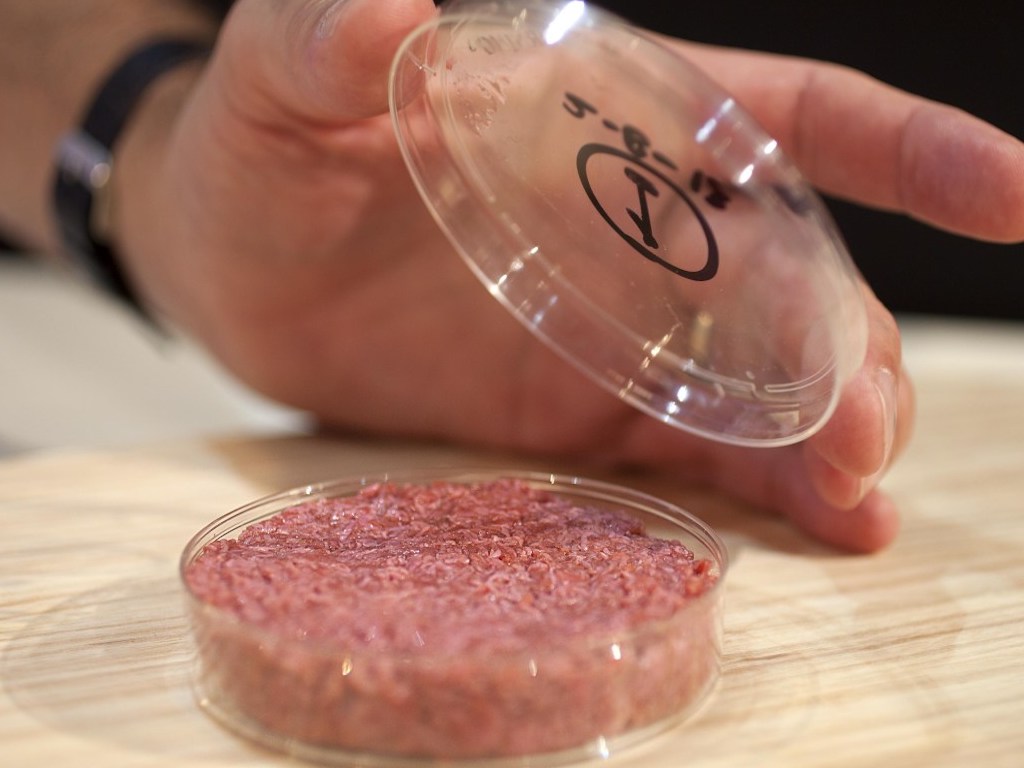Cellular Agriculture Europe Offers a Powerful Voice to the Cultivated Meat, Seafood, and Ingredients Industry
3 Mins Read
A freshly established association, Belgium-based Cellular Agriculture Europe has been founded to create industry unity and transparency. 13 companies have joined, including Dutch pioneer Mosa Meat, whose head of public affairs sits as the first president. Industry-wide challenges will be a primary focus, with issues such as labelling and stakeholder education taking top priority.
Cellular Agriculture Europe has received its royal decree from King Philippe of Belgium and has already held its first meeting. Advocacy and a shared voice are what the association stands for. While individual companies will take responsibility for their own developments and approvals, political issues can be tackled together.

Working together
Members have already begun forming committees and strategic groups. This will prove vital as early 2022 is earmarked for extensive networking with key stakeholders. Individuals with influence over issues such as approval will be targeted for outreach, in a bid to demystify the sector.
Mosa Meat is clear about the agenda: “With a shared voice we can educate stakeholders, combat misinformation, set industry standards and lift up cellular agriculture as a critical addition to public policy frameworks like the European Green Deal and the Common Agricultural Policy,” the company revealed.
If the association proves useful and remains collaborative, Cellular Agriculture Europe hopes to be a blueprint for global unity. Mosa refers to the potential to “reform food systems” with the technology being used by itself and fellow association members. Shared resources, regulated standards, and regular communication could speed up the process. Scaling would then be a step closer.
“We are excited to join 12 other companies in coming together as a maturing industry. We represent a range of products but share a common goal to advance cellular agriculture,” said Maarten Bosch, Mosa Meat CEO. “Cellular Agriculture Europe is a great platform for collaboration and we look forward to leveraging our shared voice to educate stakeholders.”
Mosa recently announced that it has been allocated a 2 million EU grant to slash the cost of cultivated meat production. If it can create a growth medium 100 times cheaper, as stated, it will be a breakthrough for the industry. This makes Cellular Agriculture Europe all the more important, as regulatory approval to sell cultivated beef products will be needed.

Systems already in place
Bringing like-minded companies together to tackle industry hurdles, while maintaining healthy competition, is not new.
The Good Food Institute Europe is an NGO working with various tiers of people interested in plant-based meat. It seeks to promote the viability of plant and cultivated products while looking at cost and accessibility constraints. Similarly, ProVeg Europe collaborates with every stratum of government and business, to promote a global transition to plant-based food systems.
Food Frontier advocates for alt-proteins in Australia and New Zealand. An independent think tank, it facilitates better understanding of cultivated, plant-based and fermented meats. It hosts events for similarly aligned companies to network, while allowing potential investor interest to be generated. Cell Agriculture Australia operates in a comparable way, creating communities of innovators that can enjoy easy contact with each other. It also seeks to identify and nurture new talent within the sector, while allocating funding other resources to established teams.
Lead image courtesy of Mosa Meat.




